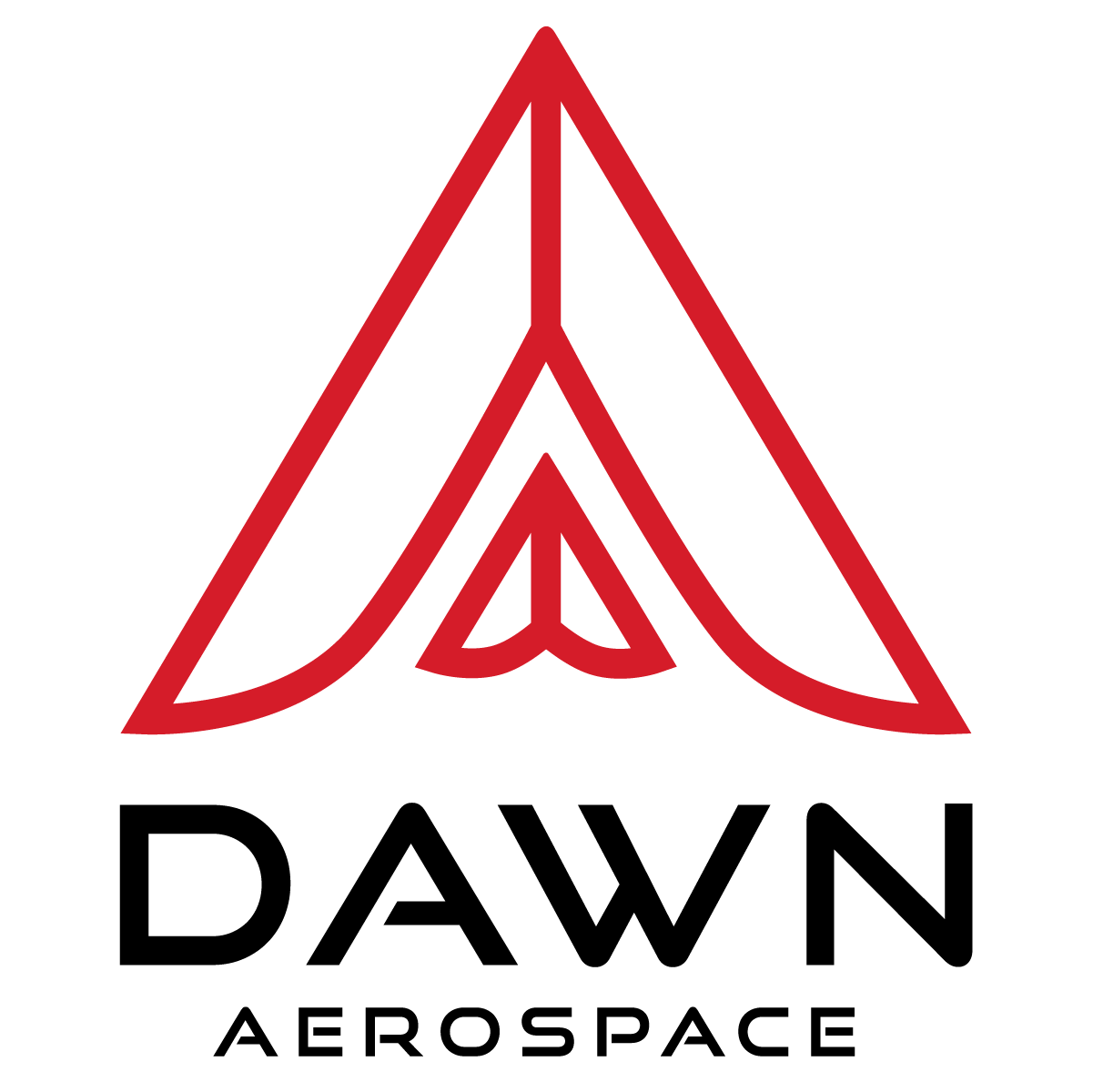Dawn announces lunar mission customer, Cislunar Technologies
Dawn Aerospace, a space transportation company based in the Netherlands and New Zealand, has today announced a lunar mission contract, supplying green propulsion technology to the Japanese company, Cislunar Technologies.
Cislunar Technologies is developing the bus system for the TSUKIMI (Lunar Terahertz SUrveyor for KIlometer-scale MappIng) project, an industry-government-academia consortium including the Japanese Ministry of Internal Affairs and Communications (MIC), JAXA, SpaceBD, several Japanese universities, and Cislunar Technologies. This consortium seeks to understand the spatial distribution and abundance of useful materials such as water, ice, and metals on the moon’s surface.
The core of the TSUKIMI project is a terahertz-band electromagnetic sensor that will observe the moon from lunar orbit and collect data that can be analyzed to pinpoint useful materials on the lunar surface, and up to 30 cm below. This data will be used to enhance the scientific understanding of lunar resources and to guide lunar landers and rovers on future lunar missions as they look to build a foundation for future commercial activity. The learnings will also be used for future Mars exploration.
Tsukimi can also be interpreted as moon viewing (月見) in Japanese.
“We were impressed with Dawn’s in-space heritage and their ability to deliver the systems at significantly less cost than other providers we spoke to,” said Kazuo Ishigame, CEO of Cislunar Technologies.
“We’re excited to partner with Cislunar Technologies on this exciting scientific project,” said Dawn CEO Stefan Powell. “We already have a substantial amount of hardware in LEO, we’re going to deep space this year, and now this project will see our systems firing in lunar orbit. Satellite builders are catching on to the wide range of missions that nitrous-based propulsion is suitable for.”
Dawn Aerospace has 76 thrusters on 16 operational satellites in low Earth orbit and is contracted to supply propulsion systems to clients across the U.S., Europe, and Asia. The systems use non-toxic propellants, nitrous oxide, and propylene, which are safer, cheaper, and simpler than traditional hydrazine while delivering similar high performance.
Dawn also recently announced their first deep space mission with asteroid mining company, AstroForge.


